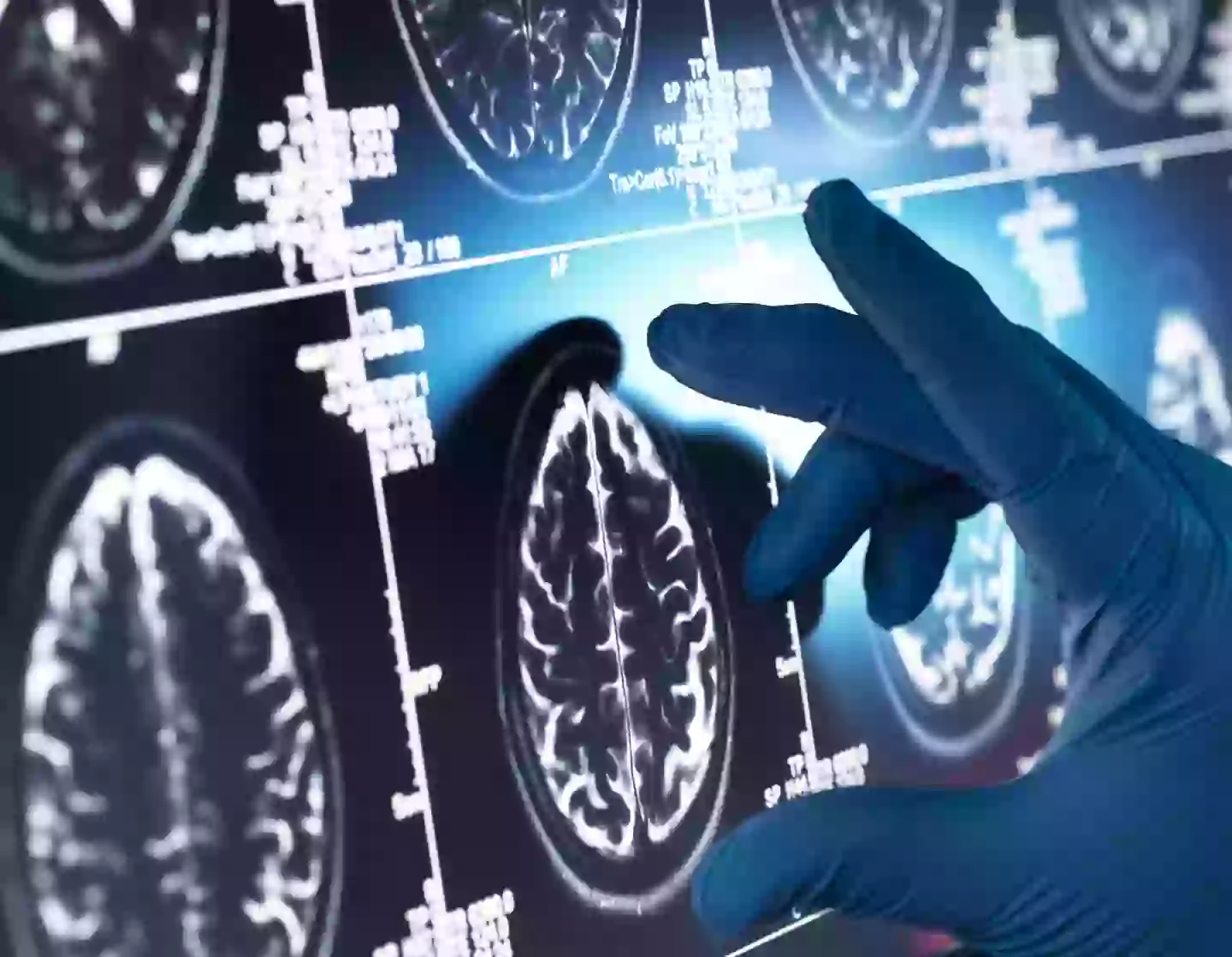British TV presenter Fiona Phillips recently revealed the first signs she noticed before her early-onset Alzheimer’s diagnosis. Following her story, UCLA researchers have identified four major pathways that often lead to Alzheimer’s, a progressive brain disorder affecting memory and cognition.
Alzheimer’s symptoms include memory loss, confusion, and trouble with everyday tasks. Early-onset Alzheimer’s occurs before age 65.

Fiona described initial symptoms like brain fog, anxiety, and mood swings, which she initially dismissed as menopause effects.
The UCLA study, published in eBioMedicine, analyzed nearly 25,000 patients and found four main routes to Alzheimer’s:
The mental health pathway, where depression diagnosed in midlife greatly raises dementia risk.
The encephalopathy pathway, involving brain dysfunction from genetics, illness, or injury.
Mild cognitive impairment, where memory and thinking problems worsen over time.

The vascular disease pathway, where heart and blood vessel issues harm brain health.
The study also found these pathways often follow a sequence, helping doctors spot Alzheimer’s risk earlier. Dr. Timothy Chang emphasized the importance of understanding these patterns for better diagnosis.


